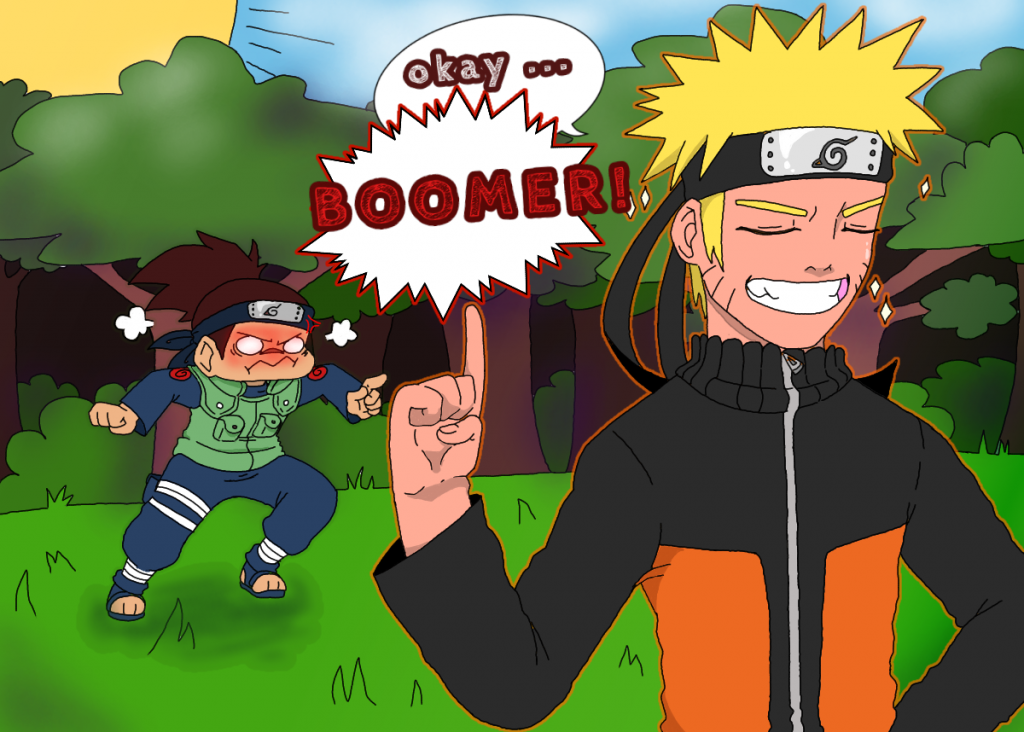
If you’ve been on the internet at all lately, you may have seen the phrase “OK Boomer” appear somewhere on social media, hoodies, or even in the form of a song. If so, you have witnessed the latest meme trend. “Ok Boomer” managed to tear two generations apart in a matter of weeks. Yes, it’s a meme, but it could be more than that.
In case you didn’t know, “Ok Boomer” adresses baby boomers: people who were born between 1946 and 1964. The meme originally was a simple clapback to call people old. Due to similarly trendy memes on serious topics such as climate change, the economy, and the faults of today’s society, people are starting to put the blame on baby boomers specifically.
You ever hear an old person start a conversation topic with “back in my day…” and proceed to make fun of younger generations? “Ok boomer” was meant to be a quick and effective response. However, people are now viewing the phrase as a ‘slur’ and a sense of hostility has emerged between the young and old because of this phrase.
An example of this would be the claim that practically exploded on the internet; Bob Lonsberry calling the phrase “the n-word of ageism.” Whether or not that assumption may be accurate, the reaction generated by both sides of this catchy phrase could be simplified to hostile. The phrase is now a mix between a humorous snapback and controversial hate speech.
Now the question arises: Is this meme really the cause of separating two entire age groups, or is it simply a way to express feelings that were already there?
Let’s go into the context of how “Ok Boomer” is used. In memes recently, Boomers are addressed as people who ruined the economy and environment, and who left the younger generations to deal with it. “Boomer memes,” those vintage comics that talk about cell phone obsessive teens and “lazy” millennials, are now just being made fun of, and fuel for ridicule.
The time period and context of this meme eventually changed the purpose of this meme.
From an ironic, meaningless phrase to the catalyst of how the youth feels about the world in its current state.
The meme served as a way to spread these feelings across almost a global scale. These feelings generated two different reactions: Those who are for and those who are against. Of course, those who are against it are the same people “Ok Boomer” is directed towards.
This is merely an example of how well memes can separate two groups of people. A meme proposes an idea, and makes a joke about it. But when that idea is controversial, there will be more than one response to it.
From there, these responses evolve into different sides of one argument. In this case, the Youth Vs. The Old on who’s causing the world’s problems. All it took was these two words to spark the fire, “Ok Boomer.”

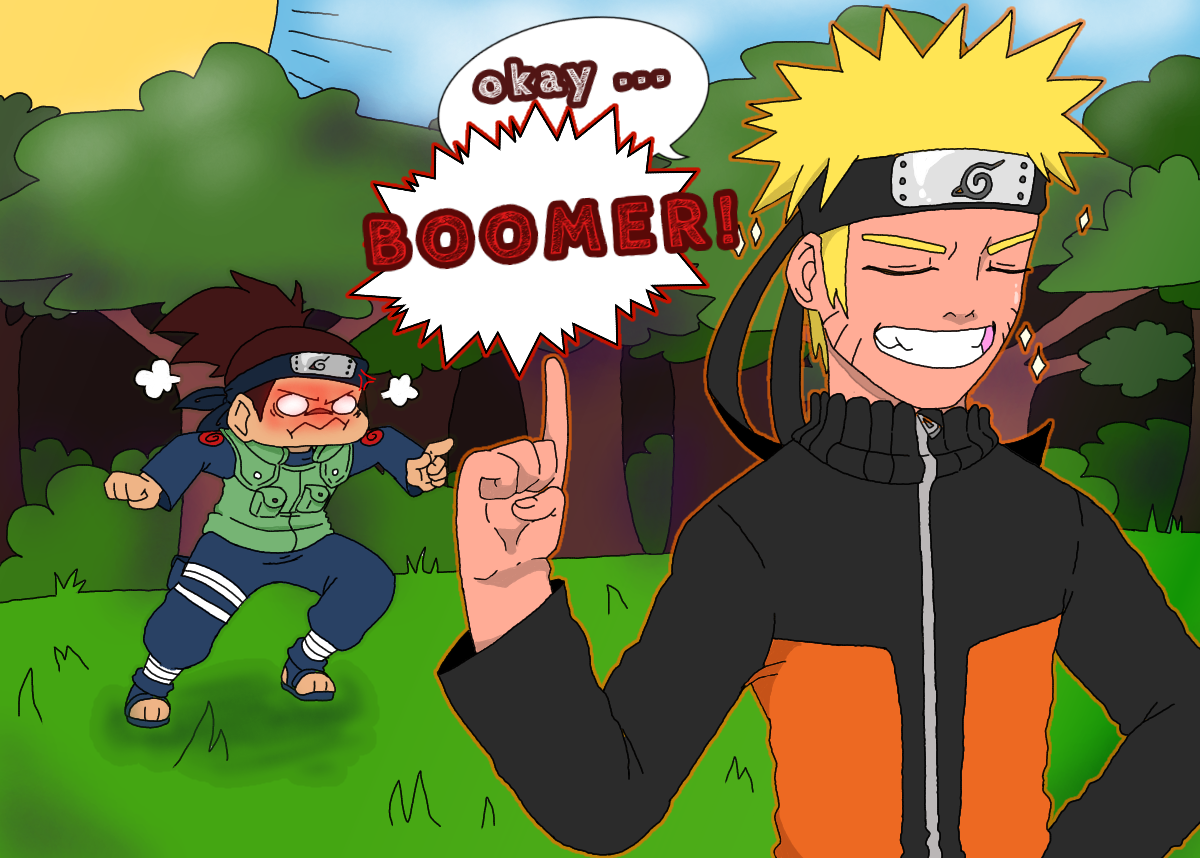
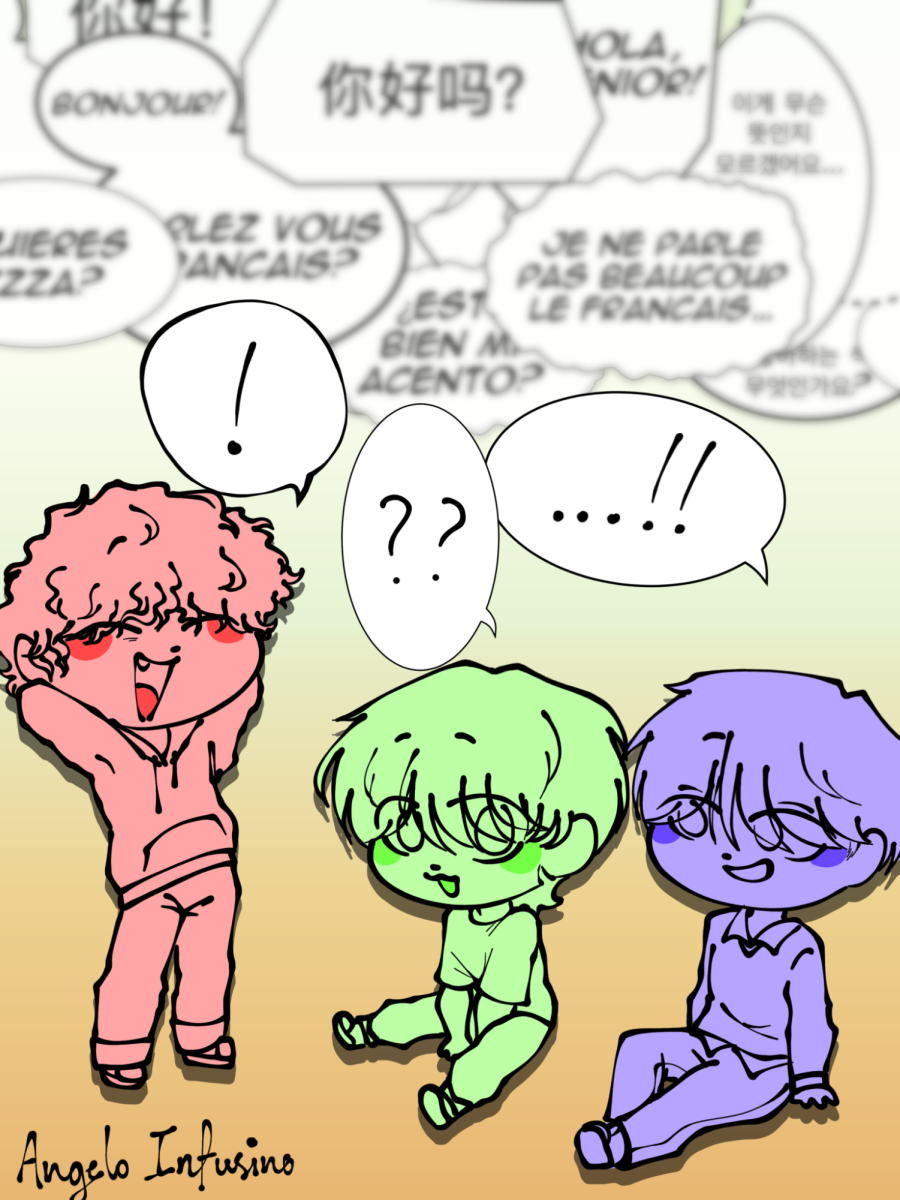

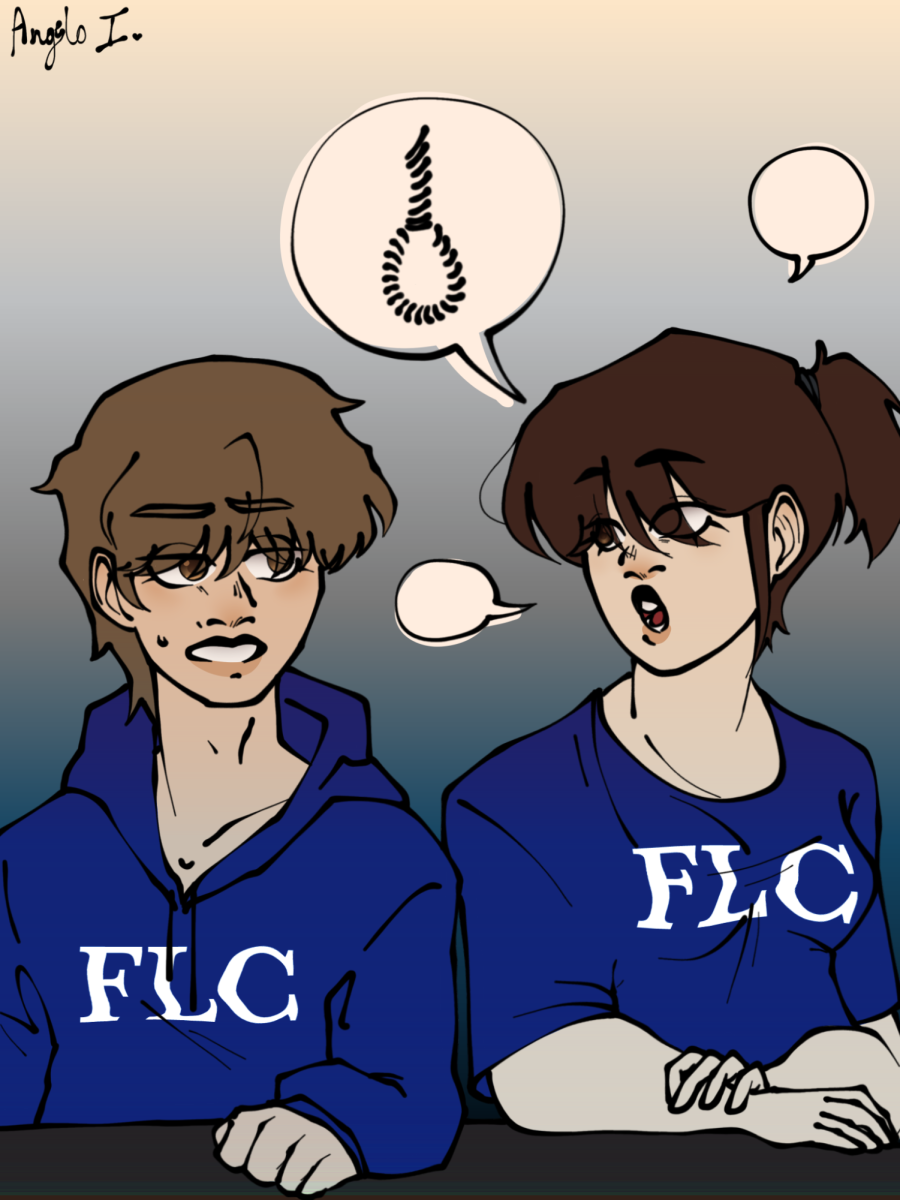


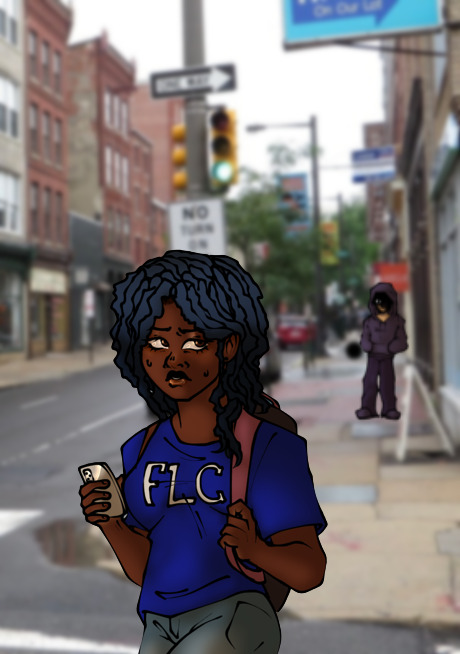
Shan • Feb 14, 2020 at 4:15 pm
The phrase ” Ok Boomer ” originated, and was supposed to be aimed at people with an ignorant mindset. Not old people, more or so people who complained about today´s problems and blaming it on their own, or another generation. Without trying to even do anything about the problem, but complain. It is aimed at those type of people, again.
I disagree with ” Ok Boomer ” being a gen slur, or the cause of separating generations. It being the ” N-Word ” of generation falls flat, yes. It may offend a FEW people, but it is not at all damaging to anyone.
Contrary, there is no such thing as generation separating. If we are going by such thing, then the argument of ´ old ‘ people complaining about how it was better in the past, and how they had it harder, etc. Should be brought in to the debate, along with recent generations mocking ‘ old ‘ people.
Of course, a few people in each generation will use ” Ok Boomer ” as an insult/slur. But, that does not justify calling it the next ” N-Word. ¨
I agree with partial points, but not all.
This is a great article, other than that!
Destiny Leon • Jan 29, 2020 at 5:29 pm
from my understanding of boomer, i kinda went by it meaning old, like an old person lol. so i kinda just went around pointing out old people, calling them boomers. thanks for putting out more information to help me better understand the true meaning of what im saying , so i dont end up offending anyone.